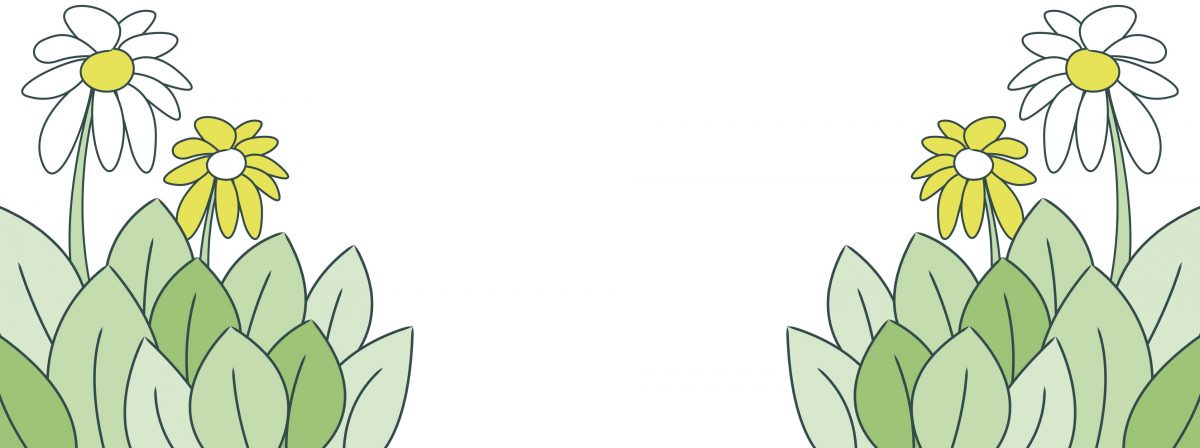The use of herbal remedies for dogs is a growth area and one that fascinates us here at Dog Hair Day.
We must stress that pharmaceutical drugs do play a vital, often life-saving role when your dog has an acute illness but when it comes to chronic health problems herbal medicines can also play a role.
Drug options for long-term illnesses and degenerative diseases can be limited. While drugs are powerful they are also essentially simple in nature and action, comprising a single molecule that has a single action within your dog’s body. Also, the side effects that drugs can have on animals can discourage dog owners from using them, meaning the problem recurs or is never properly addressed.
We do not recommend treating your dog with herbal preparations without seeing your vet first or consult a highly qualified herbalist. Plants are complex. Some plants can contain thousands of chemical components. Many herbs act in a gentle way but others are very potent or even toxic. However, herbal medicines for dogs may not only address clinical symptoms but could also target some of the root causes of diseases and work on a range of bodily organs at the same time.
Herbal medicine may reduce the need for corticosteroid and antibiotic use in some cases. Other herbs are used for their antibiotic, antiseptic and antiviral properties while some can maintain a healthy circulation. Herbal remedies may also reduce the side effects of medications such as steroids, anti-epilepsy drugs and non-steroidal anti-inflammatory drugs (NSAIDs).
Not only is it important to consult an herbalist who has worked with dogs it is vital that any formulae used are well-constructed, quality products. Very low doses are used to begin with – bearing in mind the size of the dog – and reactions must be carefully monitored.
Of course, dogs also need good nutrition, exercise, and lots of TLC to thrive when things go wrong but with increasing awareness among humans of our chemically-infused world it is likely that the use of plants for health will continue to grow.
DISCLAIMER: While every effort has been made to ensure the accuracy of the information contained here it is for educational purposes only. The writer of this article and Dog Hair Day can’t diagnose any physical, mental or behavioural condition in animals nor prescribe treatment. We urge you to consult your vet if you have any concerns about your dog.

